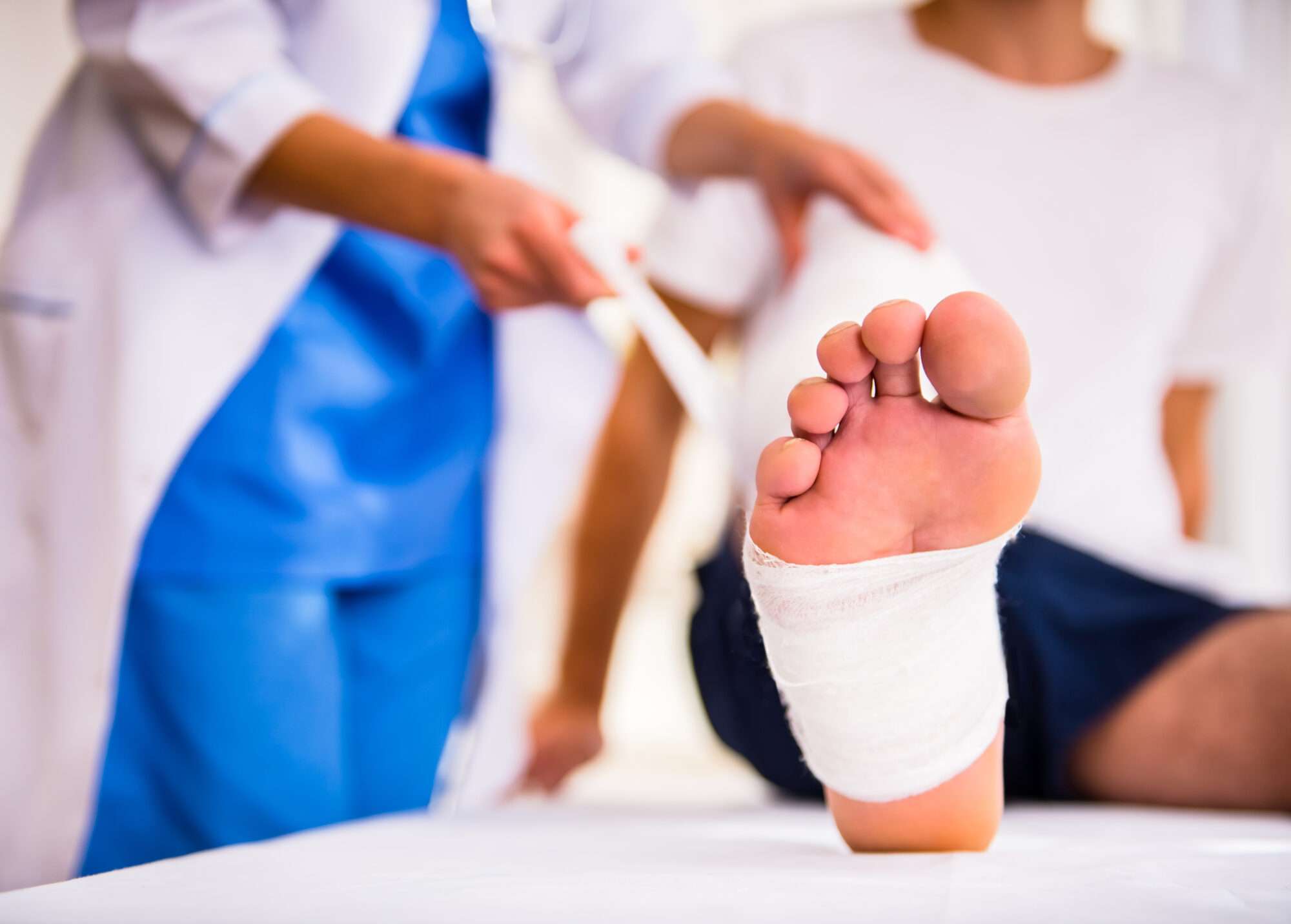Vehicle collisions are disorienting and stressful—especially when injuries are involved. In the aftermath of a wreck, your first priority should always be safety and medical care. But once you’re stable, the next most critical step is documentation.
In Gainesville, Hall County, and across Georgia, the details you capture at the scene, the medical records you generate afterward, and how well those records are maintained can make or break your insurance claim or personal injury case. At Lazenby Law Group, we’ve helped countless clients in the Gainesville area, across the State of Georgia, and beyond recover compensation after serious collisions, and one thing always holds true: thorough documentation is one of the most powerful tools you have.
Why Documentation Matters Legally in Georgia
Under Georgia law, several statutes outline your legal obligations and rights following a car accident. Fulfilling these responsibilities—and capturing the necessary evidence—can affect the outcome of your case significantly.
You Must Report the Wreck
Per O.C.G.A. § 40-6-273, you are legally required to report a car accident to local law enforcement if:
- Anyone is injured or killed, or
- Property damage appears to exceed $500
Considering how expensive even minor vehicle repairs can be, most collisions meet that $500 threshold. Failing to report a wreck when required can result in criminal charges and weaken your ability to file a claim or lawsuit.
You Must Remain at the Scene and Exchange Information
Under O.C.G.A. § 40-6-270, all drivers involved in an accident must stop, remain at the scene, and provide their name, address, and insurance details. You’re also required to render aid if someone is injured. Taking photos of insurance cards, driver’s licenses, vehicle plates, and damage to both vehicles is vital to supporting compliance and preserving facts.
You Must Be Able to Prove Insurance Coverage
Georgia drivers must maintain proof of financial responsibility. O.C.G.A. § 40-6-10 requires drivers involved in an accident to show they have valid insurance. Documenting the scene, damages, and any injuries can help establish that you complied with this obligation—and that the other party did not, if that’s the case.
What You Should Document at the Scene
If you’re physically able, start gathering information immediately after the crash. This includes:
- Photos of both vehicles, including license plates, damage from multiple angles, skid marks, debris, and relevant road signage
- Photos of your injuries, even minor bruises or abrasions
- Names and contact information for other drivers, passengers, and any witnesses
- A written or voice-recorded summary of what happened while it’s still fresh in your memory
These early pieces of documentation are often critical, especially if liability is contested later. And remember: even if police arrive to complete the Georgia Uniform Motor Vehicle Accident Report, your own evidence can fill in gaps or challenge inaccuracies in the official report.
Medical Documentation Is Just as Critical
After the initial shock of a collision fades, some injuries may take time to manifest. Soft tissue damage, internal injuries, and concussions don’t always appear right away. That’s why it’s vital to seek medical attention as soon as possible—even if you feel fine.
Prompt Medical Care Creates a Record of Causation
When you see a doctor shortly after a wreck, the medical records created will help connect your injuries directly to the crash. If you wait days or weeks, insurers may argue that your injuries came from something else.
Ongoing Medical Records Build Your Claim
Whether you’re receiving orthopedic care, physical therapy, or pain management, each appointment creates a paper trail. Medical documentation may include diagnoses (e.g., spinal disc injuries, fractures, concussions), symptoms and pain levels, treatment plans, functional limitations, prognoses, and recovery timelines. Additionally, if you fail to follow a medical providers’ instructions, miss appointments, or have long delays in between medical treatment, your claim may be negatively affected.
This documentation helps insurance companies, and if necessary, juries, understand how the wreck changed your life.
At Lazenby Law Group, we frequently see insurance carriers attempt to minimize claims by suggesting that an injury is unrelated to the crash or less severe than reported. Detailed, time-stamped medical records are your strongest rebuttal.
Personal Injury Journals and Photo Logs
You can take documentation a step further by maintaining your own injury journal. In it, record:
- Daily pain levels
- Limitations (difficulty walking, sleeping, driving, etc.)
- Missed workdays or lost income
- Emotional or mental health impacts (stress, anxiety, PTSD symptoms)
Continue to photograph visible injuries as they heal. Bruises fade and cuts close, but the evidence of their initial severity can influence damage calculations—especially for pain and suffering claims.
What Happens If You Don’t Document?
Failing to document a car accident thoroughly in Gainesville—or anywhere in Georgia—can have serious consequences. Unfortunately, a lack of documentation allows insurers to exploit doubt. Proper records allow your attorney to build a compelling, evidence-backed case.
How Lazenby Law Group Can Help
If you’ve been in a car wreck in Gainesville, don’t wait. Document everything—from photos and witness names to medical symptoms and out-of-pocket costs. Then, reach out for help. Our team will work with your healthcare providers, collect accident reports, and compile a timeline that’s built to withstand scrutiny. We’ll review your documentation, advise you on your next steps, and fight to make sure you’re fully compensated for what you’ve lost.
Justice is achievable. At Lazenby Law Group, we are here to walk with you through the hard times with the deepest compassion and care. Contact Lazenby Law Group today for a free consultation.



